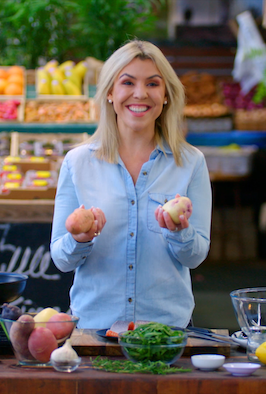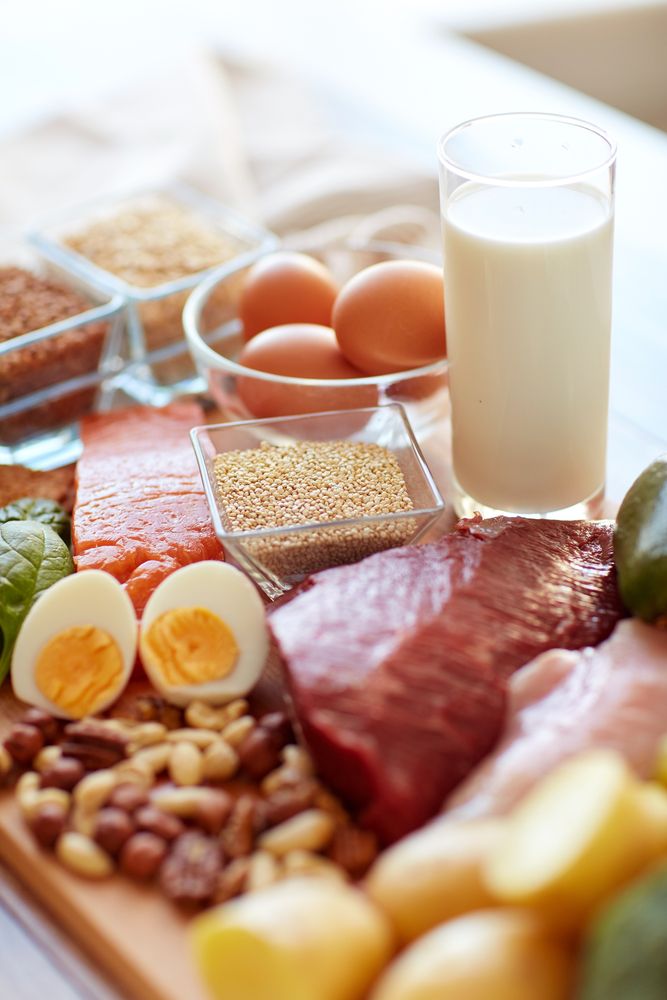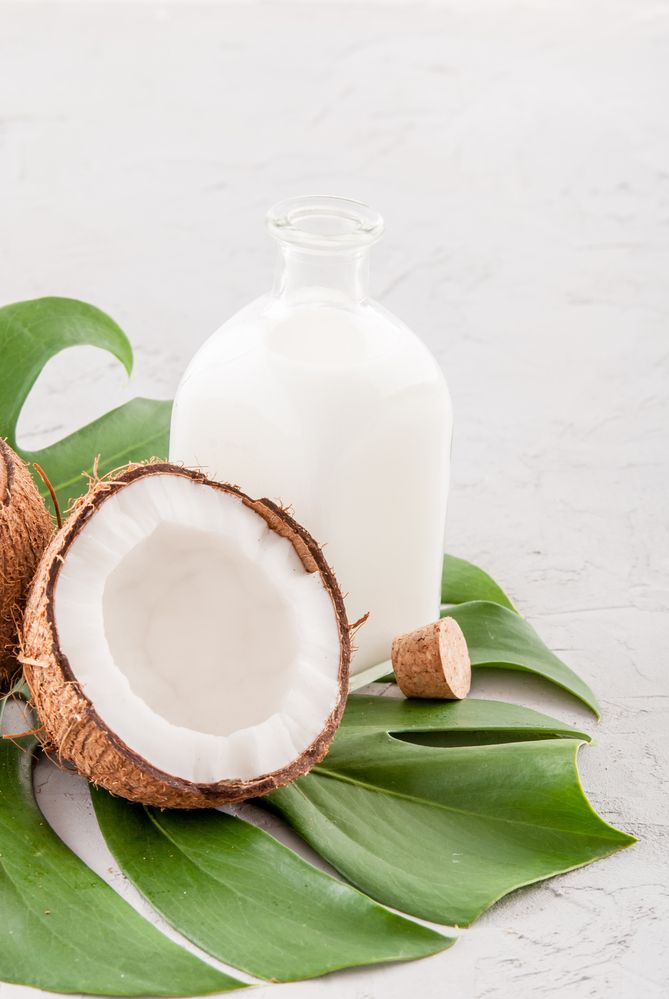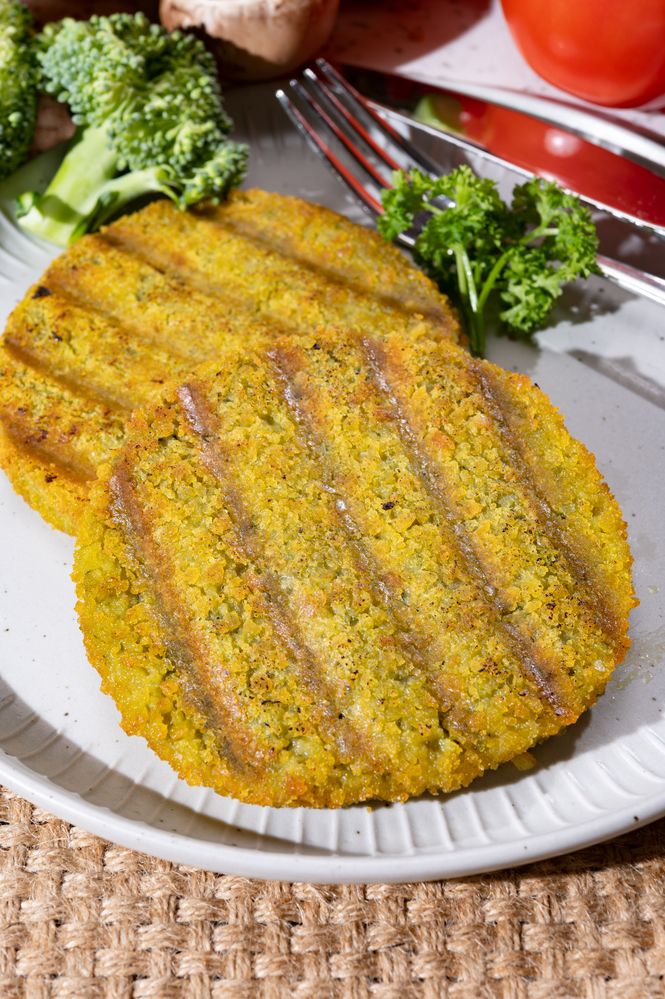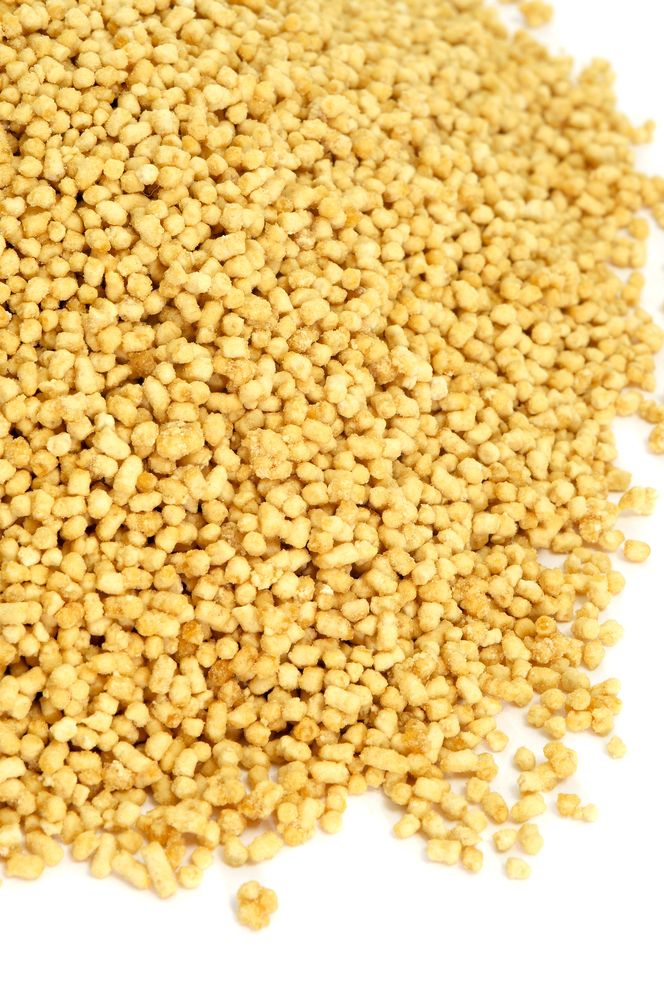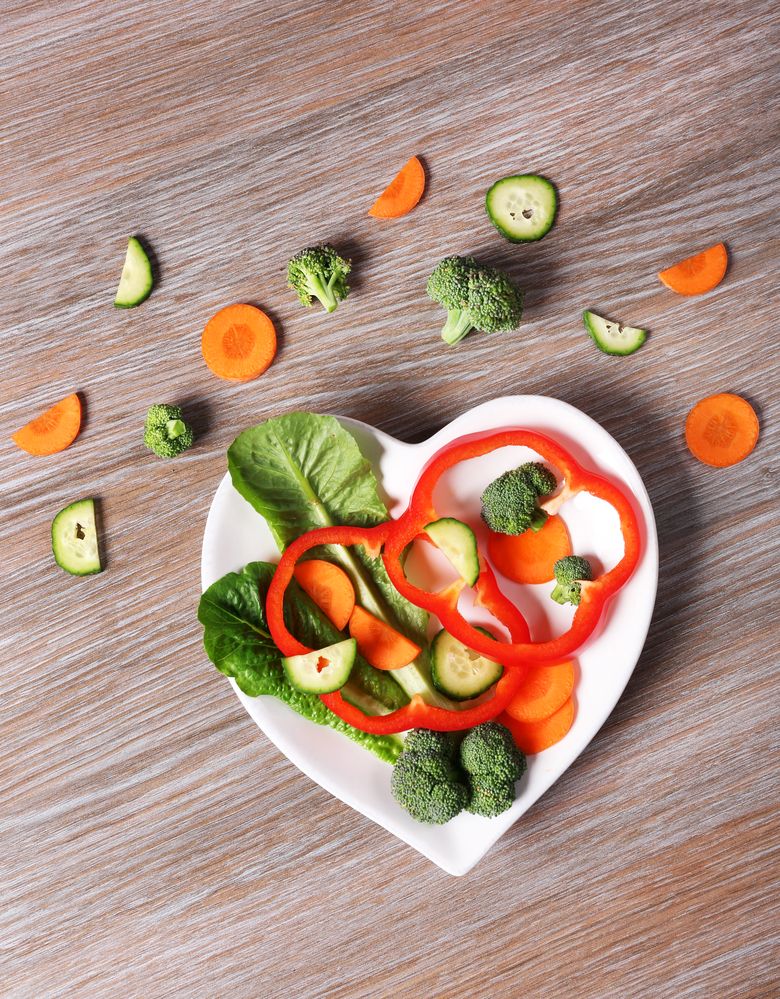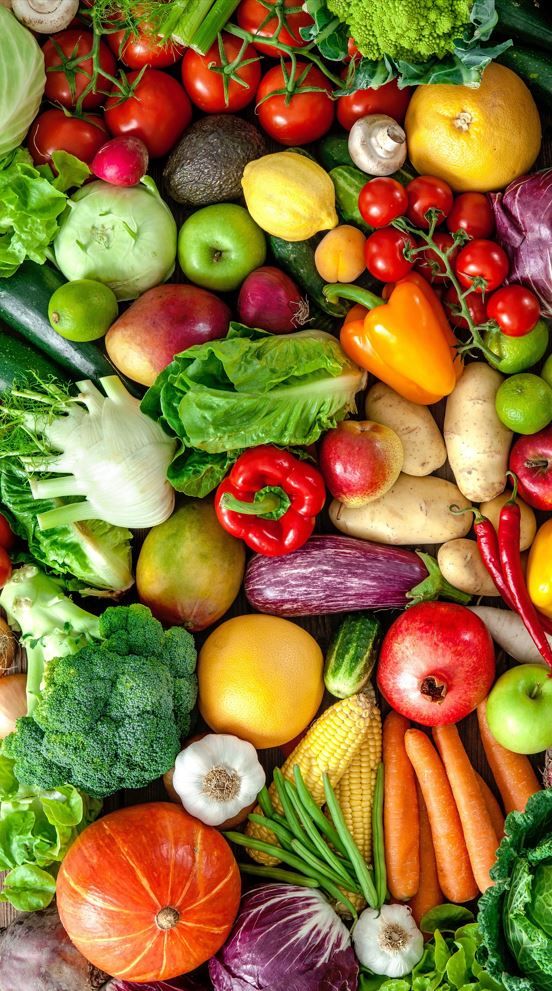Super foods, the ultimate health foods – Yoghurt
Written by Catherine Saxelby on Friday, 27 February 2009.

Yoghurt has been associated with long lifespan ever since the renowned Russian scientist Dr Metchnikoff (1845-1919) claimed it was responsible for the longevity of the Bulgarians in the early 1900s. Metchnikoff believed the ‘friendly' live Lactobacillus bacteria in yoghurt (which today we call probiotics) exerted a key influence on our intestines. Certainly yoghurt's ‘partial pre-digestion' makes it more easily digested and absorbed than milk.
Eating yoghurt rather than milk means your body takes in more of its protein, B vitamins (particularly riboflavin needed for healthy skin and eyes) and calcium which helps prevent osteoporosis, important for women after the menopause.
Concentrated nutrients
Packed with calcium, protein and B vitamins (especially riboflavin, a B vitamin needed for healthy skin and eyes), yoghurt offers the nutrients of milk but in a more concentrated form. For example, in terms of calcium, a 200g carton of yoghurt - plain or fruit - is equivalent to drinking a 250ml glass of milk.
For women and teenage girls, who need plenty of calcium to build strong bones and ward off osteoporosis, yoghurt is a must-eat food.
Read the difference between Greek and natural yoghurt.
Easy to digest
In addition, yoghurt is more easily digested and absorbed than milk due to ‘partial pre-digestion' by its bacteria. Studies show the protein, fat and lactose it contains are better absorbed and the calcium is more available.
Good for the lactose intolerant
People with lactose intolerance are more likely to tolerate yoghurt than milk. During yoghurt making, the bacteria partly break down the milk sugar lactose, turning it into lactic acid which imparts yoghurt's sour taste.
Low GI
On top of that, the carbohydrate in yoghurt is slowly absorbed, producing only a modest rise in blood glucose levels, which makes it a filling low GI snack or dessert for anyone with diabetes.
A healthy weight loss tool
Research shows that when cutting calories to lose weight, 3 servings of milk, cheese or yogurt each day actually help people burn more fat and lose more weight than just cutting calories alone. The mix of nutrients found in dairy foods, especially calcium, may be responsible for helping the body break down and burn fat.
A dose of good bacteria
Many yoghurts now advertise that they contain probiotics, a term that means ‘for life'. It refers to special live bacteria that can help us stay healthy. These probiotics may well be the key to yoghurt's healthful properties.
Which probiotics are best?
While all yoghurts contain acidophilus and bifidus bacteria (known simply as a/B cultures), if you're really serious about probiotics, you'll need to buy one of the well-researched types like Vaalia or Yakult. Both of these can show that their particular bacteria is able to survive the journey through the upper digestive tract in sufficient numbers and reach the large intestine where they can then multiply and attach there.
Nutrition stats
A 200g carton of plain low-fat yoghurt supplies:
10g protein, trace of fat, 16g sugars (all naturally occurring from lactose or milk sugar), no starch, no dietary fibre and 566 kilojoules (135 calories).
Per 100g:
5% protein, 1% fat, 8% sugars, no starch, no dietary fibre and 283 kilojoules (67 calories).
Easy ways to enjoy yoghurt
- Stir in a couple of crushed garlic cloves and a handful of fresh chopped basil or coriander, and you can turn a tub of yoghurt into a savoury dip to serve with crackers or raw vegetables.
- Make a tzatziki to serve with lamb kebabs or fish. Simply chop up cucumber, a pinch of salt and chopped fresh parsley and mix through yoghurt.
- Here's an easy dessert idea: spoon some yoghurt onto the bottom of a wide glass or bowl and top with sliced peaches or nectarines. Top with passionfruit.
Reviews
-
Read more
Product review: Low-sugar alcoholic ginger beer
1 March 2023 by, Catherine Saxelby
Want something to drink before dinner? Something that’s LOWER in alcohol than wine? To match his beer? Then look no further than Bundaberg’s low-sugar alcoholic ginger beer.
You can drink Bundaberg low-sugar ginger beer straight from the can, or pour it into a long glass over ice with a slice of lime.
-
Product snapshot: Berkelo’s Khorasan Macaroni
14 September 2022 by, Catherine Saxelby
I’m loving this macaroni from Berkelo. I was sent a sample for Whole Grain Week 2022 by the Grains Legume Nutrition Council. I cooked it up and found that it was just divine! Read on for more …
-
Product review: Super high-oleic safflower oil
11 May 2022 by, Catherine Saxelby
“What does super high-oleic mean?” I hear you ask. Also, “I haven’t heard of safflower for ages. What’s the deal?” Read on and all will be explained.
-
Product review: Healthy Life Food Tracker
6 April 2022 by, Catherine Saxelby
When I was first asked to write this review, I thought, Not another tracker.
After all, there have been several in recent years, such as My Fitness Pal and Everyday Diet Diary. But this one is different. It works by using your Everyday Rewards card AND your shop at Woolworths.
-
20 October 2021 by, Catherine Saxelby
With home delivery on the rise, this post is reviewing none other than that stalwart Lite n’ Easy. We all know their meals are good for weight loss (which we all need after COVID-19!), but did you know they’re also good for general health and wellbeing ? Eating well to nourish yourself – putting your mental health and wellbeing at the forefront – is gaining momentum. Lite n’ Easy meals also ensures you satisfy your need for vitamins, minerals, fibre and phyto-compounds, such as sterols and carotenoids.
 This post has been sponsored by Lite n' Easy.
This post has been sponsored by Lite n' Easy. -
Product review: Birds Eye Plant Based range
15 September 2021 by, Catherine Saxelby
When you think of Birds Eye, their frozen peas and fish fingers probably come to mind. But I bet you’d never think of plant-based products!
 This post has been sponsored by Birds Eye.
This post has been sponsored by Birds Eye. -
Product Snapshot: Olina’s Snackers Crackers
2 June 2021 by, Catherine Saxelby
We sampled Olina’s latest offering in the seeded cracker range – called Olina’s Bakehouse Seriously Seedy Snackers (which is a great name BTW). They come in four flavours: Barbecue, Chilli & Lime, Beetroot & Sour Cream, and Balsamic Vinegar & Caramelised Onion. Take a look at our verdict.
Healthy Weight Loss
-
Read more
Intermittent fasting vs daily calorie restriction
3 May 2023 by, Catherine Saxelby
As you probably know already, intermittent fasting (IF) has gained favour as an alternative regimen to daily caloric restriction (DCR). Fasting is shown to extend the lifespan of rats, and has been associated with metabolic benefits in humans, yet the results so far have been inconsistent. So, which regimen is best for healthy weight loss?
-
15 March 2023 by, Catherine Saxelby
What sort of a diet should you follow to lose that excess weight? These days, it’s pretty confusing with high-protein Keto advocates clashing with plant-protein followers … as well as intermittent fasters, juice-only dieters, no-carb dieters and no-animal (aka plant-based) dieters. Plus all the ads for anti-hunger supplements, meal-replacement shakes and home-delivered meals, more of which somehow appear every day. So, what sort of diet should YOU follow to lose that excess?
-
Protein shakes for weight loss
9 November 2022 by, Catherine Saxelby
These days, protein shakes aren’t bought by just body builders – they’re so popular that you can readily buy a 400 g tub at your local supermarket or service station. And with tempting claims such as ‘Facilitates muscle toning’, ‘Contains transformation-making protein’ and ‘Tastes incredible, mixes easily’, why wouldn’t you grab one? But protein shakes aren’t the magic answer to all your weight-loss woes. Let’s take a look at what you get for your money.
Guest post by dietitian Zoe Wilson APD
-
20 January 2021 by, Catherine Saxelby
Many of us have cravings from time to time and for different reasons. One thing is certain, they can sabotage all your best efforts at a healthy diet and/or weight loss. The good news? You CAN beat them. I’ll tell you how.
-
How to lose weight WITHOUT going on a diet
14 October 2020 by, Catherine Saxelby
The word 'diet' is a turn-off for most people. It sounds hard, unpleasant and unpalatable. Losing weight doesn’t have to be hard AND it doesn’t have mean sticking to a 'diet'. You can forget Paleo, Keto, Vegan and Raw, Gluten-free and Intermittent Fasting. To lose weight, you don’t have to follow any specific diet. What you need is simple, healthy, nutritious food and a few tips and tricks.
-
What IS a healthy balanced diet for weight loss?
16 September 2020 by, Catherine Saxelby
Healthy weight loss happens when you lose weight slowly and steadily (around 1 kg or 2 pounds weight loss a week). Your goal is to lose weight while still getting your essential nutrients but from smaller portions. You certainly don’t want to be tired with no energy! That’s why you need regular healthy meals and snacks on hand to ensure your vitamins, minerals, omega-3s and fibre needs can be easily met. There is a new range of healthy weight loss meals available and it’s one that I’d like to recommend. With these ready meals, you’ll say goodbye to meal planning, shopping, meal preparation and cooking.
This post is sponsored by Chefgood
-
Kitchen make-over for the New Year
8 January 2020 by, Catherine Saxelby
“This year, I'm going to lose weight!”, or “This year I’m opting for a healthier lifestyle!” Is your 2020 New Year's resolution something like one of these? If so, how is it going to happen?
Most popular
-
Read more
Q. What's the difference between Diet Coke and Coke Zero?
12 September 2013 by, Catherine Saxelby
A. At first glance, Diet Coke and Coke Zero appear to be identical. Both contain no kilojoules (Calories) and no sugar. Both are artificially sweetened with (the same amount) of aspartame and acesulfame K and therefore have the same ‘sweetness’.
-
How to convert sodium to salt (and salt to sodium)
6 August 2010 by, Catherine Saxelby
As a nutritionist, my aim is to help busy women eat healthily. One of the ways to do this is to follow the general nutrition advice to reduce the salt in your diet. So, how can you do this when what you’ll see on a food label and on any recommended daily intakes is sodium?
-
7 types of sugar - which is healthier?
11 December 2013 by, Catherine Saxelby
Last week on the radio, the announcer asked me if there was a 'good' sugar – one that would satisfy her sweet tooth but that was 'healthier' than regular white sugar. She figured if there were 'good' carbs and 'bad' carbs there must be some sugars that would get the nod of approval from nutritionists.
-
Eat to beat gastro and diarrhoea
12 October 2012 by, Catherine Saxelby
A clear fluid diet is the best form of treatment for gastro and tummy upsets. It is the "lightest" type of diet, designed to place as little strain as possible on the digestive tract. It is NOT nutritionally adequate and should be followed only for a strictly limited time e.g. two or three days but no more than a week.
-
Nutella. The full (correct) list of ingredients
12 April 2011 by, Catherine Saxelby
Have you ever tried to find the exact list of ingredients for Nutella online? The identical one that appears on its label - in descending order from the first (largest ingredient by weight) to the last ingredient, as required by law? Well, you won’t find it! Here’s the hoop-la I went through to discover exactly what the ingredients in Nutella are and why Nutella is not good for your kids.
-
Sugar - why quitting sugar guarantees you'll lose weight
6 May 2013 by, Catherine Saxelby
Sugar. It's been labelled "deadly", "addictive", "toxic", "sweet poison" and blamed for the rise in global obesity in recent years." Get rid of the white toxin from your diet and you'll free up your body to drop those excess kilos" (or so say anti-sugar campaigners Sarah Wilson, David Gillespie and Robert Lustig). Here are the three real reasons why I believe quitting sugar helps you lose weight.
-
What does 8,700 kilojoules look like?
14 August 2012 by, Catherine Saxelby
8,700 is a magic number in nutrition. It’s the number of kilojoules (kJ) that is the “average” intake for adults in Australia, if the surveys are correct.
It’s widely used as a benchmark figure and as the basis of food labels such as the Percent Daily Intake values.
Recently kilojoules have appeared on fast food menu boards and they use 8,700 as the yardstick to assess their foods against. Here's my take on it.
Recipes
-
Read more
24 May 2023 by, Catherine Saxelby
This is a kind of pavlova topped with fruit, but the base is made from ricotta, rather than egg whites and sugar.
-
22 March 2023 by, Catherine Saxelby
This is an Asian-influenced salad that’s perfect to serve as a side salad at a BBQ or with a fillet of fish.
-
14 December 2022 by, Guest Post
This banana loaf is half bread and half cake. Hence I've called it "cread" which is halfway! It’s dense and delicious without being super-sweet or oily. It can be enjoyed fresh, toasted or sliced and frozen into portions to enjoy later.
-
23 November 2022 by, Guest Post
This quick and easy dessert is ready in minutes. And there are NO leftovers to tempt you later!
-
19 October 2022 by, Catherine Saxelby
A quick and easily-made sandwich, it’s great for an easy lunch.
-
Spring Vegetable Pesto Pasta Salad
7 September 2022 by, Guest post
This super salad-in-one gives you pasta plus vegetables all together. It has a spring feel to it.
-
Squash-ed spaghetti bolognaise
3 August 2022 by, Guest post
This is an excellent make-and-freeze recipe, so weeknight meals become more manageable. I know of no better way of ‘hiding’ veggies than in a Bol sauce – somehow mince with a few veggies like pumpkin or zucchini is a match-made-in-heaven.
Foodwatch
The Good Stuff
The Boring Stuff
© 2025 Foodwatch Australia. All rights reserved
Website by Joomstore eCommerce
